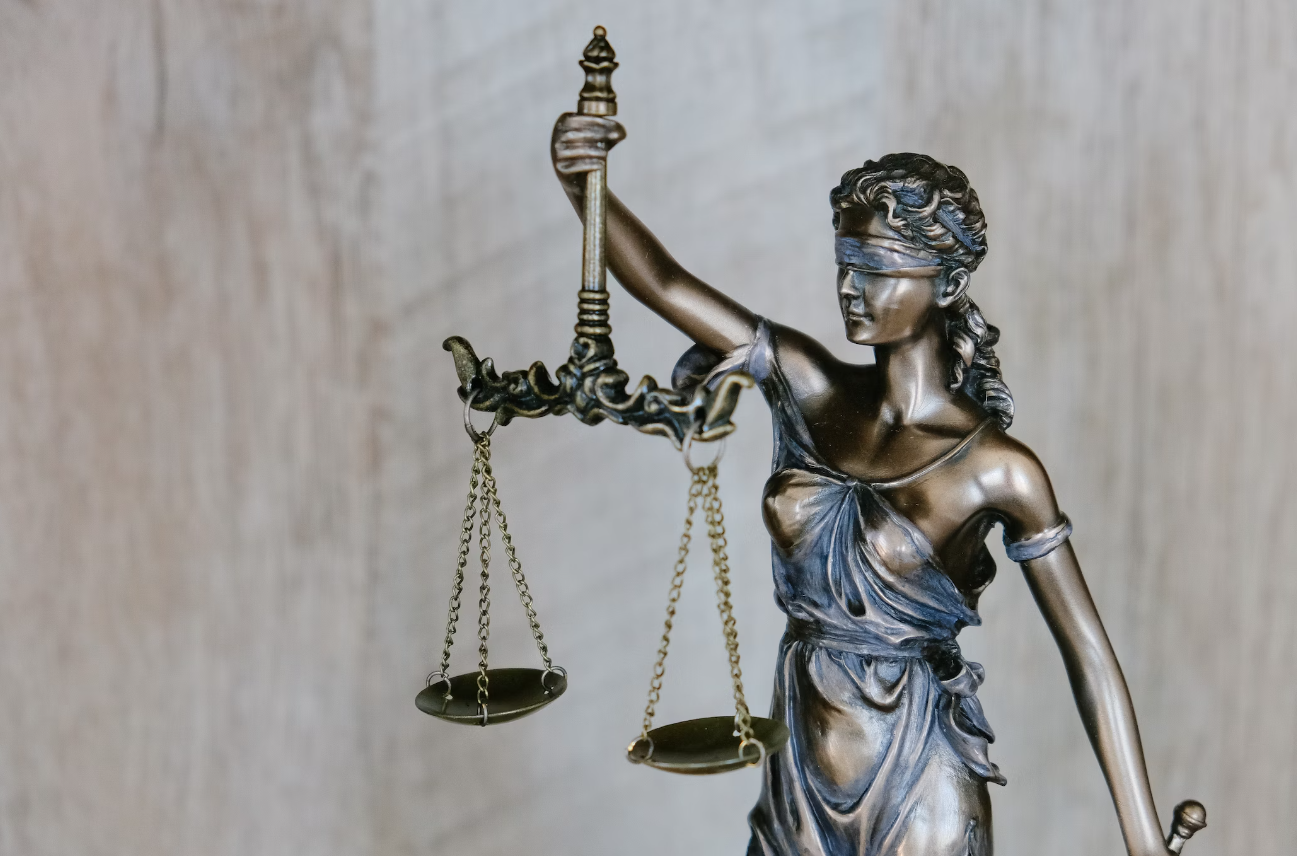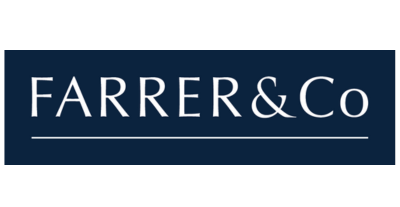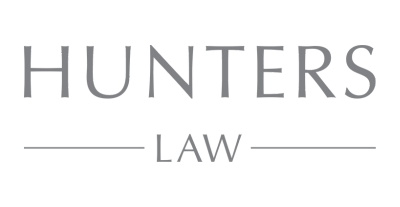Knowledge Hub
Join the Conversation!
Impartial and independent, ThoughtLeaders4 HNW Divorce Knowledge Hub hosts cutting edge industry content and insight.
Email maddi@thoughtleaders4.com to submit content.
The Role of External Experts in HNW and A-List Litigation
Date: 27/11/2023 Type: Articles Topic: Private Client | Investment and HNWI’s |“The rich are different from you and me”, F Scott Fitzgerald wrote. Ernest Hemingway’s retort, “Yes, they have more money”, has some truth in the context of litigation. The wealthy usually have the same kinds of legal disputes as anyone else (contractual, marital, inheritance and so on), but they have more funds to litigate them and there’s more money at stake.
However, what’s truly different about the wealthy is the media attention that their disputes attract. The press generally don’t take note if siblings fall out over a small family business, but countless column inches were devoted to the Barclay brothers. Your neighbours’ divorce or the social media excesses of your friends won’t make any headlines, but just look at Brangelina or Wagatha Christie.
If you’re faced with a case which, through its high value or the individuals involved, is likely to garner publicity, you’ll need to be clear from the outset on what that could mean for the client and involve other experts as part of the team:
What does the client want to achieve? You might involve a senior statesman at your firm, a retired judge or KC, or even a coach, to help your client work out what they really want before they embark on litigation – money, revenge, or something else. Can they actually get that? What’s your legal strategy for achieving it? They shouldn’t litigate if their goal is not something a court can give them (but some will anyway).
How will it look? Your client may have a PR advisor, but litigation PR is a different skill-set. It’s sensible to involve an independent PR who will become part of the team, helping all involved to understand the wider risks and consider the best overall strategy. If the public find some witness-box revelations toe-curling, this may be nothing in comparison to the metatarsal agonies of the lawyers, let alone the clients, if things take an unexpected turn.
What’s the true cost? There’s an old truism about principles being expensive. Both you and your clients need a hard focus on that from the outset. As well as the financial cost, their lives will be on display. Make sure they have good support in their personal life.
A good starting point is whether proceedings can be avoided. Litigators love to litigate, but most are extremely adept at trying to avert litigation too. I often mediate pre-issue – sometimes it’s easier to settle before the parties’ legal arguments are fully developed and positions entrenched. The counter view can also be true, that sometimes there isn’t enough clarity or evidence to settle. Parties could, for example, settle some aspects of the claim and allow others to go forwards. It can even help just to clarify what the real issues are, and where more work is needed on evidence or arguments. An emerging trend is to have another mediator of your choice to help prepare your client for the mediation – talking through goals and your offer strategy. Your PR advisor can also help to mitigate unwanted press attention at this point, to give the parties space to settle if they can.
If there’s no way to avoid litigation, some lawyers may issue proceedings in a court which will attract less publicity (including overseas courts), or list a lesser-known party (such as a trustee) as the main claimant or defendant to reduce media interest. Your PR advisor can help you plot out a media strategy to manage how the story is told. This can also be a good time to try mediating, as the shock of the initial publicity may make the parties think again about settling in private. Even in especially difficult cases, mediation can be used to agree how the litigation will continue in a way designed to minimise the harm to all parties’ reputation (by narrowing the issues, say). A mediator can help all parties focus on that instead of settlement, if that is a more realistic goal.
As the parties progress through pleadings, evidence-gathering and disclosure, it becomes clearer what issues could be highlighted during the trial. At this point, wheel out your senior statesman again: should your client have a re-think if damaging or embarrassing allegations are likely to become public? Some clients may now shy away from going to trial if it can be avoided, and seek alternative dispute resolution (whether mediation, arbitration or negotiation). It’s still very common to see claims settle ‘on the steps of the court’ (or more accurately, within a few weeks before the trial will start). It’s never too late to try to find a settlement, and the imminence of the trial can have a hugely galvanising effect. Both sides’ willingness to air their story in court may buckle under the weight of media attention, and it’s about now that they will really understand that.
‘There’s no such thing as bad publicity’? For some, this means they will grit their teeth all the way to court, hopeful that even a truly awful trial could lead to a book deal or career revival, or that it will be worse for their opponent. Remember that your client’s goals at the outset may still be motivating them (money, revenge, principle).
Some will find themselves heading to trial, in the full glare of publicity, because there isn’t another way out or they are absolutely determined to have a judge pronounce them right. Cue the PR again – a well-placed interview before the trial could help to soften the blow in some cases, but it needs to be tightly managed. The client will be rehearsed carefully, and the venue and interviewer chosen with caution. No to Emily Maitlis, no to the client being interviewed in their lavish home, and a definite no to anything that will enrage their opponent further (they will have PRs too, and you don’t want a second battle via the media).
Once the judge’s decision is made, win or lose, your client may find themselves at the heart of a media firestorm. The lawyers can help ensure their clients have a thoughtful media strategy to manage their reputation. They can also, in some cases, help their clients fill the vacuum which follows a trial – while the lawyers close the file and move on to the next case, the client has spent months or years focusing on this, and may be left with a sense of loss even if they win. Some could benefit from an introduction to a coach or counsellor to help them move onwards. Even after the litigation has ended, the lawyers still have a key role in ensuring their clients have the right team around them.
Arabella Murphy is the founding director of Propitious (London) Ltd, a strategic consultancy focusing on risk planning, family governance and mediation.
Author
Arabella Murphy - Propitious
Our HNW Divorce Corporate Partners















